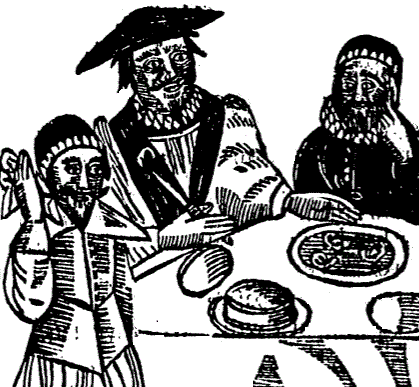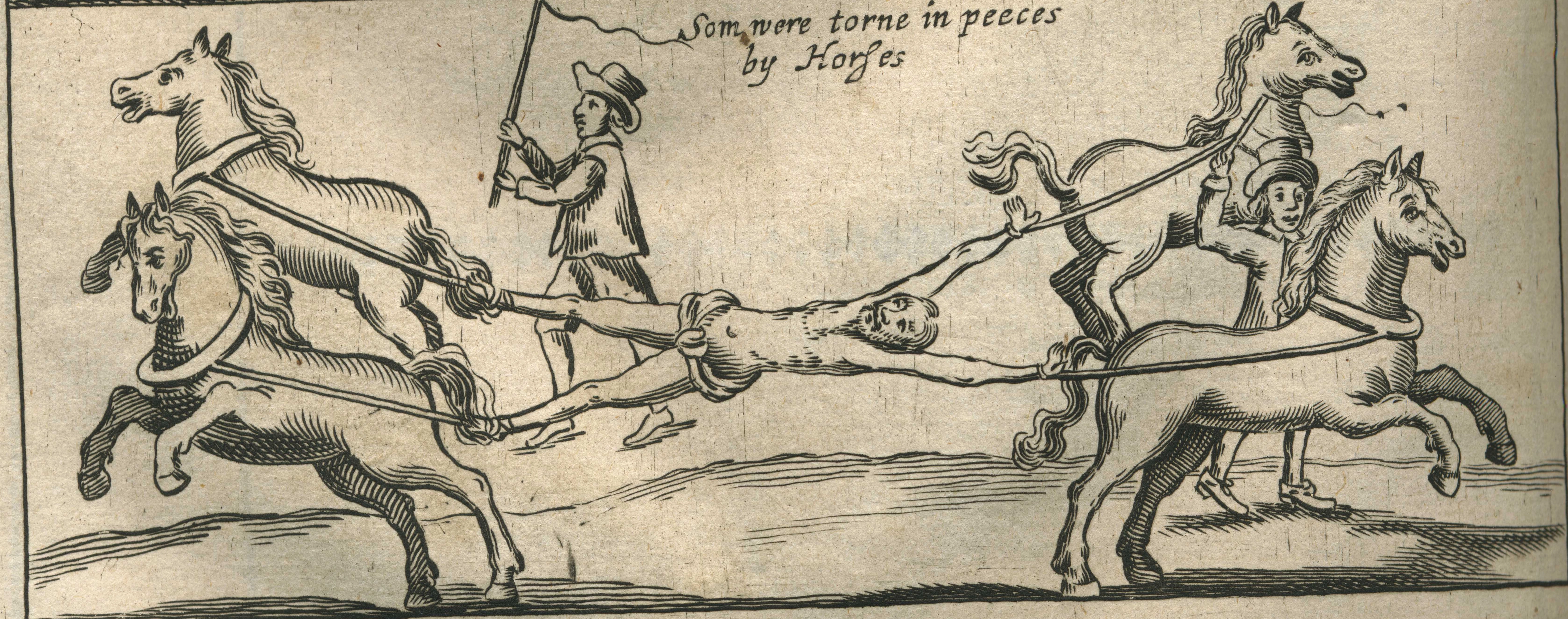Eating Nasty Things (reposted)
[This is a reposting of a post from 2014 that seems to have spirited itself away. Fortunately I had a copy of the content tucked safely away...] This post is inspired partly by a paper written in 1976, but which I have only just come across (Frank Paul Bowman, “Suffering,Madness and Literary Creation in Seventeenth-Century…
The Atlantic Slave Trade in Two Minutes
Kudos to Andrew Kahn, Jamelle Bouie and Tim Jones for this graphic depiction of 20,528 voyages over 315 years, transporting some 12,500,000 Africans out of Africa and into slavery in the Americas. Read the accompanying article here: The Atlantic Slave Trade in Two Minutes It's not a new thing - it dates from 2015 -…
Medieval spat
When you have an argument with your partner and you both insist that you are the one suffering the most. #medievaltwitter #medieval pic.twitter.com/pcNl4G2izO— Francois Soyer (@FJSoyer) December 15, 2016…
All those buttons – enough to make you want to end it all!
'All this buttoning and unbuttoning' (anonymous suicide note, 18th century)(Oh, and Merry Christmas)— Early Modern Death (@EarlyModDeath) December 23, 2016…
“Jesus wept: and no wonder by Christ!”
"Jesus wept" - the shortest verse in the Bible (John 11:35) and the subject of a short piece on by Thomas Dixon on Umberto Eco and John Donne in the History of Emotions blog. The post makes the point that "Donne is one of a very few sermon writers to discuss Christ’s tears", though I…

Tidbit: Laud eating Prynne’s ears!
Archbishop #Laud supposedly dining on ears of Wllm Prynne! "Canterbury, his change of diot"1641 (Bod) #EarlyModern pic.twitter.com/BOe7FRu35t — Maia Newley (@MettaFilms) June 12, 2015 Under inverkan av specifikt fosfodiesteras typ 5 genomgår cGMP hydrolys, vilket leder till att erektionen upphör. Detta är användningsområdet för SC. Som svar på sexu…

Medieval Manuscripts: the Crude and the Macabre
I am working on a couple of substantial pieces, which I'll post in due course. Here are a couple of tidbits in the meantime... Bored to tears. (Leodegar of Poitiers; c. 1200.) pic.twitter.com/6wEYhB1Bkh — Euan McCartney (@euanmccartney) February 10, 2015 Sawly missed. (Lyon, Bibl. mun., ms. 0177; c. 1460.) #morbidmonday pic.twitter.com/MHYCdRptdG —…
Seventeenth-Century Tidbits #9: Armadillos in Unlikely Places
Edward Topsell, The Historie of Foure-Footed Beastes (London, 1607), says '0f the Tatvs, or Gvinean Beast' that 'The Merchants as I haue herd and Cittizens of London keepe of these with their garden wormes', and in the following entry, 'Of the Aiochtoctch', 'There are of these as I haue heard to be seen in Gardens…
Seventeenth-Century Tidbits #8: November 5th at Blackfriars, 1623
There's some interesting detail on Victoria Buckley's blog about the calamitous events of November 5th, 1623, when nearly a hundred Catholics were killed after the floor gave way in a garret where between two and three hundred had assembled to hear a sermon: Crowds quickly assembled, many to assist in the rescue of survivors, others…
Rude Boys in Seventeenth-Century England
Far from originating in the Jamaican ska scene of the 1960s, rude boys (and girls) were flourishing in the seventeenth century, gaining particular note for their attacks on Quakers, to the extent that George Foxe recommended ‘that some Friends be appointed at every Meeting to keep the Doors, to keep down rude Boys and unruly…

